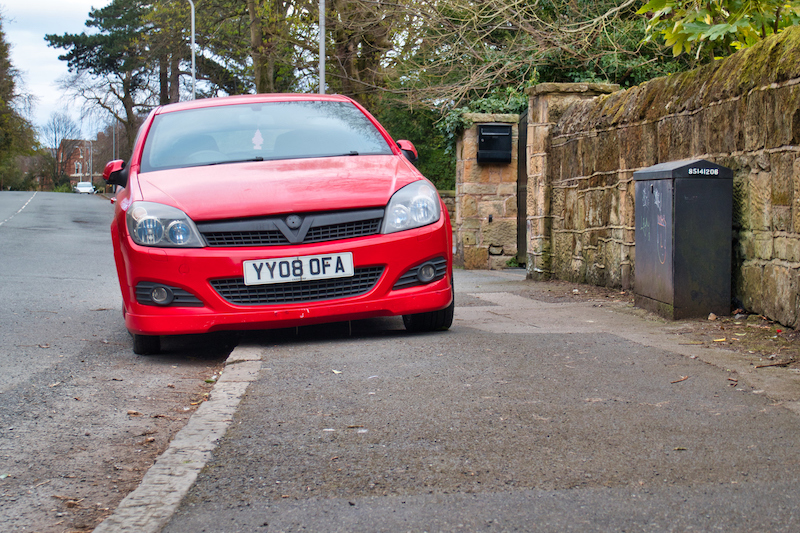Councils call for a ban on pavement parking

| Do you think parking on pavements should be allowed?
Recent investigations into pedestrian safety have councils calling for pavement parking to be banned across England. “Pavement parking is one of the biggest complaints from pedestrians,” said Darren Rodwell of the Local Government Association (LGA). The consequences of pavement parkingCurrent parking laws allow drivers to park on kerbs around England, except for those located in the London area. The LGA warned that wheelchair users, older people and parents with pushchairs are the most vulnerable when navigating around kerbside vehicles. The investigation found some vehicles cause “a complete obstruction to someone walking or wheeling”, meaning they have “no option but to enter the carriageway to continue their journey”. What’s more, a report by Transport for All shows pavement parking can also damage the path’s surface, creating trip hazards and leading to costly repairs. A plea for safer streetsIn 2020, the Department for Transport (DfT) discussed giving councils the power to prohibit pavement parking, but no subsequent announcements have been made. The LGA said a change in the rules is “long overdue” and would help councils protect older and vulnerable people from injury, as well as support national targets to increase levels of walking and cycling. RAC head of policy Simon Williams said: “Pavement parking is at best inconvenient and at worst hazardous for pedestrians and those in wheelchairs, but in England, there’s still a massive question about if and when controls will ever be introduced. “Rather than an outright ban, we think it would be more effective if local authorities were given enforcement powers to prevent unnecessary pavement obstructions. “This prevents the need for them having to survey all their roads to work out where exemptions need to be made.” Do you feel comfortable walking along your local pavements? The 2022 Highway Code update has pedestrians doubting their safety – read more. |


